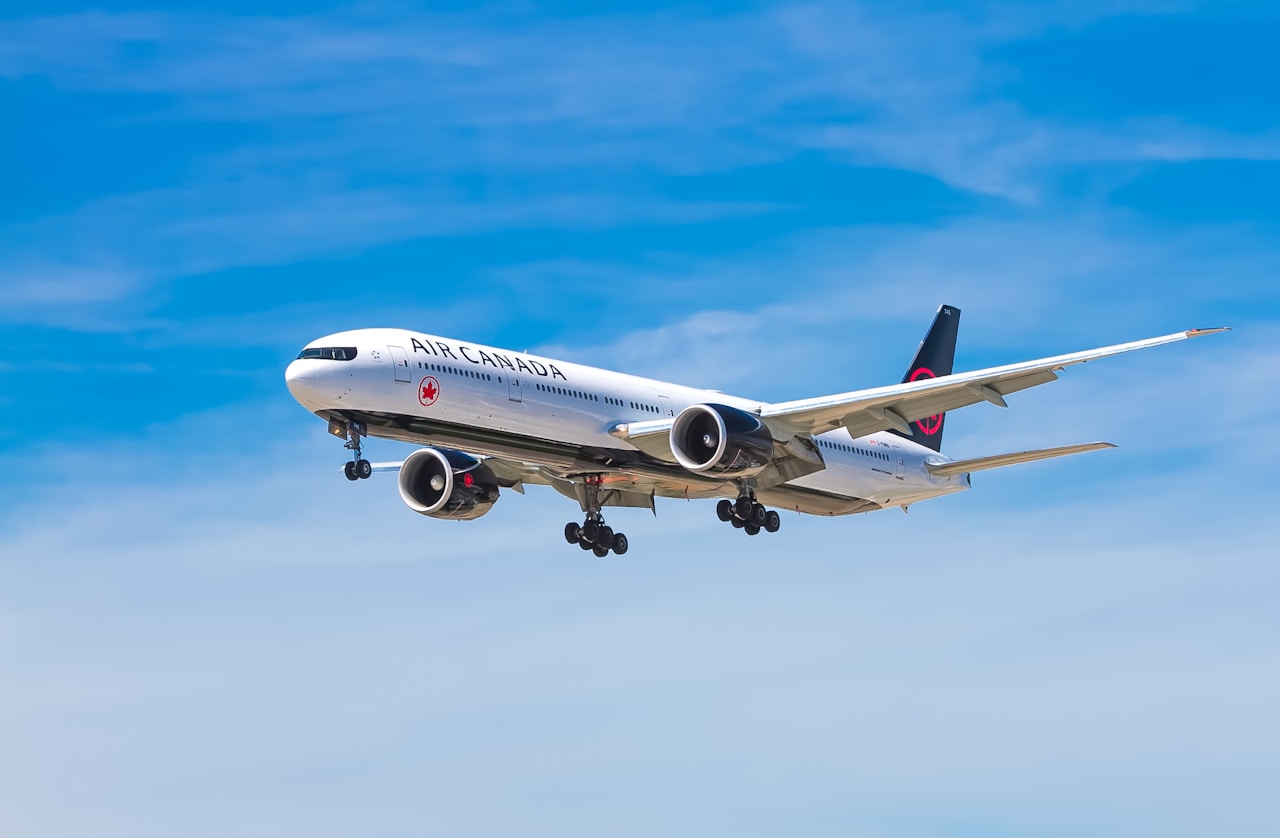How to Become a Certified Drone Operator
Drones, also known as unmanned aerial vehicles (UAVs), are transforming various industries. To become a certified drone operator, you’ll need to navigate through specific regulations and training programs. Here’s a detailed guide on how to achieve this status.

Understand the Purpose of Certification
Certification is essential for operating drones commercially. It ensures you meet safety standards and understand aviation regulations. Authorities like the Federal Aviation Administration (FAA) in the United States regulate these processes.
Know the Basic Requirements
Before diving into certification, you must meet some basic prerequisites. These generally include:
- Being at least 16 years old
- Having a valid government-issued ID
- Being proficient in English
- Passing an aeronautical knowledge test
Study Relevant Material
Studying the right material is crucial. The FAA provides a comprehensive study guide covering essential topics:
- Regulations for operating small UAVs
- Airspace classification and requirements
- Weather effects on drone operations
- Emergency procedures
- Radio communication procedures
These materials are available on the FAA website and various online platforms offer preparatory courses to help you understand these topics in detail.
Take the Aeronautical Knowledge Test
The next step is to schedule and pass the aeronautical knowledge test. This test assesses your understanding of drone operation regulations and other aeronautical concepts. You can take this test at an approved Knowledge Testing Center (KTC). The test consists of 60 multiple-choice questions, and you have two hours to complete it. A score of 70% or higher is required to pass.
Pass a Background Check
After passing the test, you must complete a background check. This is conducted by the Transportation Security Administration (TSA) and involves a thorough review of your criminal and security history. This step is important for ensuring that drone operators can be trusted to fly safely.
Apply for Your Remote Pilot Certificate
Once you pass the test and background check, apply for your Remote Pilot Certificate. You do this through the FAA’s Integrated Airman Certification and Rating Application (IACRA) website. Complete the application and submit it for review. The FAA will issue your certificate upon approval.
Register Your Drone
Before flying, you need to register your drone with the FAA. You can register online, and the process requires some basic information like your drone’s make and model. Registration is valid for three years and must be renewed thereafter.
Understand Operational Limitations
You need to comprehend and adhere to specific operational limitations to maintain safety and legality. Some of these include:
- Flying under 400 feet above ground level
- Keeping the drone within your visual line of sight
- Not flying over people or moving vehicles
- Not flying near emergency response efforts
Sticking to these limitations is essential for safe and legal operation.
Maintain Your Skills and Certificate
To keep your certificate active, you must pass a recurrent knowledge test every two years. This ensures that you stay updated on regulations and procedures. Additionally, regular practice and further education will help maintain and enhance your skills.
Explore Advanced Certifications and Specializations
For those looking to expand their capabilities, more advanced certifications and specializations are available. These can include night operations, flying in controlled airspace, and operating larger UAVs. Each specialization requires additional training and certification, further solidifying your expertise.
Consider Commercial Opportunities
Becoming a certified drone operator opens doors to various commercial opportunities. Industries such as real estate, agriculture, and construction increasingly rely on drones for aerial photography, mapping, and inspections. Having certification can position you as a valuable asset in these fields.
Use Safe and Ethical Practices
Operating a drone comes with significant responsibility. Prioritize safety at all times. Respect privacy laws and be considerate of people’s space and property. Ethical practices build trust and credibility, which are crucial in the long term.
Join UAV Communities
Joining communities of drone enthusiasts and professionals can be incredibly beneficial. These platforms offer networking opportunities, knowledge sharing, and support. Forums, local clubs, and online groups are great places to start.
In summary, becoming a certified drone operator involves a clear process of education, testing, and adherence to regulations. With ongoing learning and responsible practices, you can safely and effectively integrate drones into your professional toolkit.
“`


Subscribe for Updates
Get the latest articles delivered to your inbox.
We respect your privacy. Unsubscribe anytime.